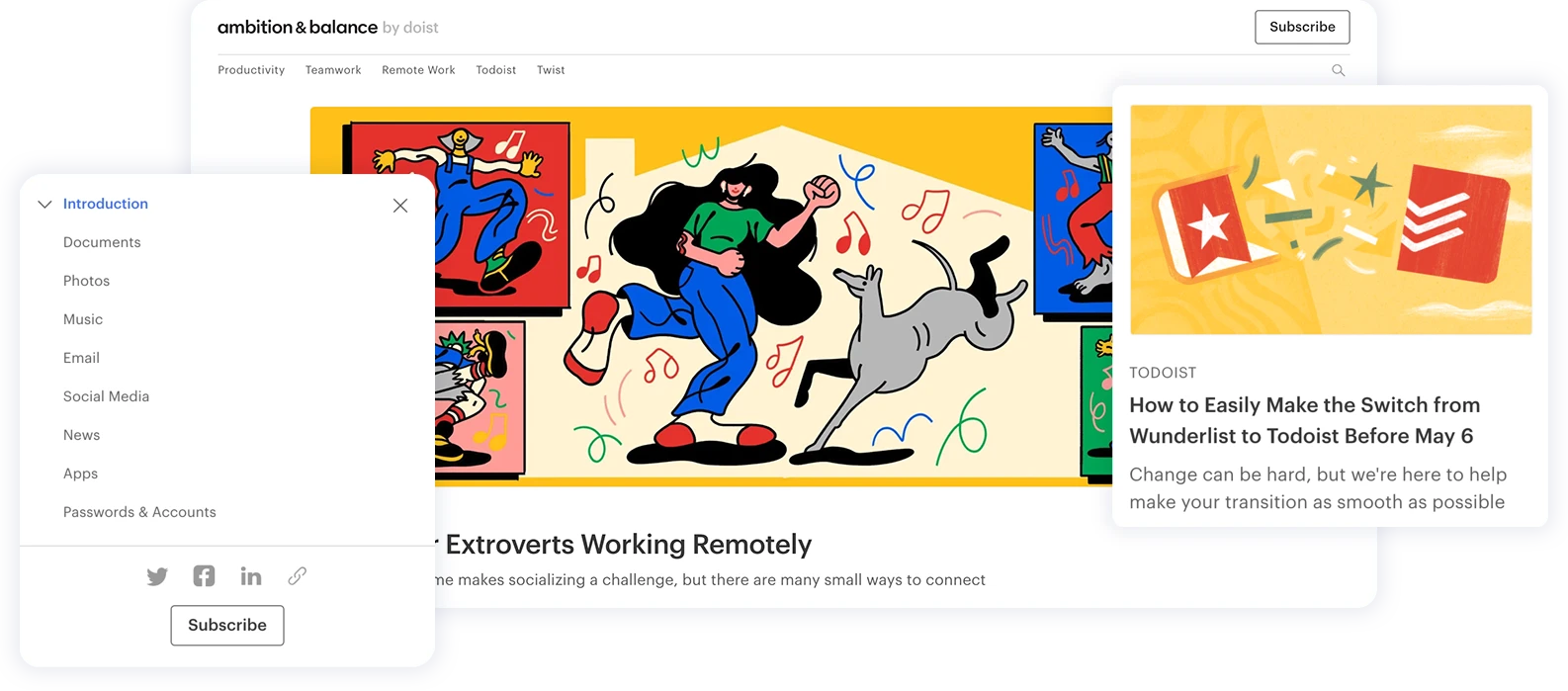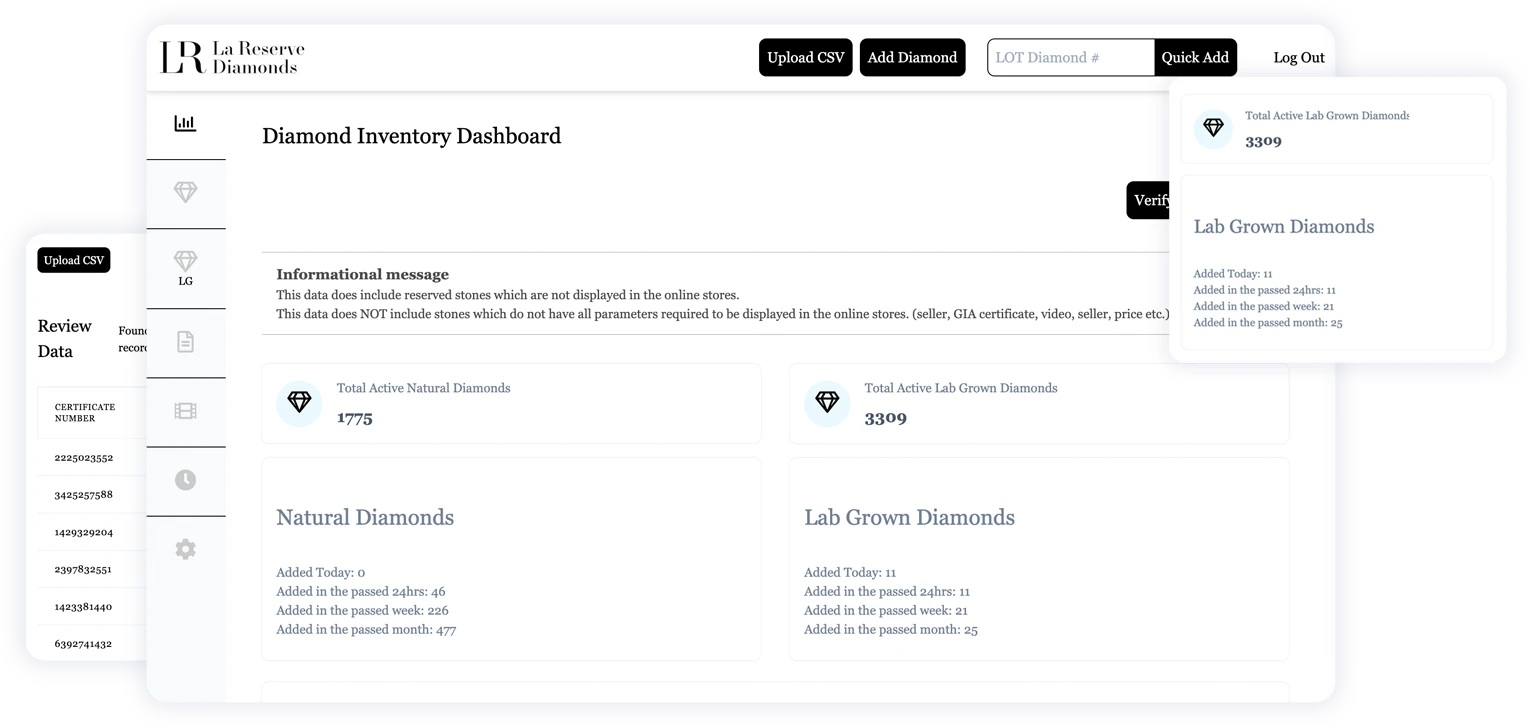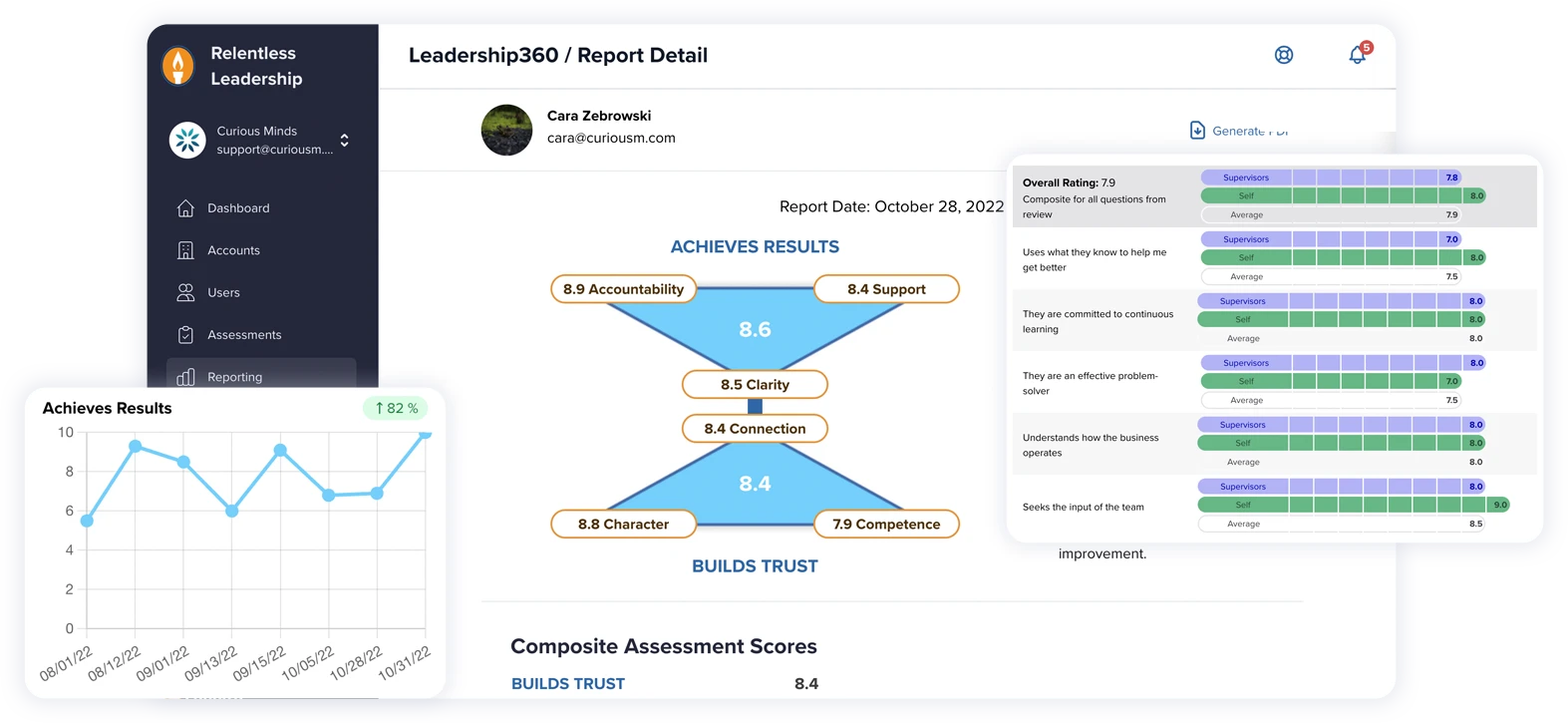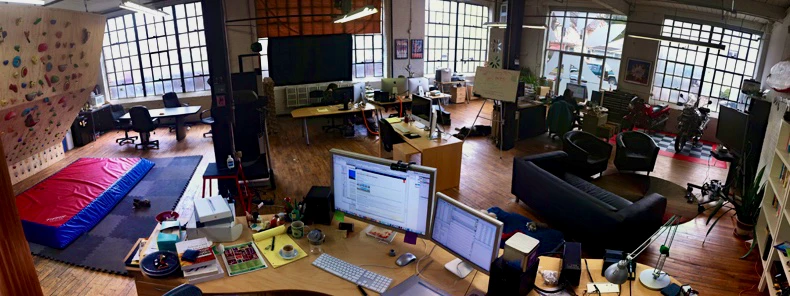User experience (UX) and search engine optimization (SEO) are two essential components of digital marketing that work hand in hand to create a successful website. They are like a dynamic duo, each with unique strengths that complement the other perfectly. Think of it as Batman and Robin, but with more data analysis and less spandex. SEO helps websites rank higher on search engines, while UX creates a positive user experience. Both are crucial for a website's success. Good UX can boost search engine ranking, and improved SEO can lead to a better user experience. UX and SEO work together to make a website successful, just like a dynamic duo.
UX is More than Just Good Looks
If you want your website to have a positive user experience, there are a few things to consider. First, usability is key. Users should be able to easily find what they're looking for and complete tasks like making a purchase.
Accessibility is also important, so everyone, including those with disabilities, can use the website. The design plays a big role too. The visual layout, colors, and overall look and feel should all be engaging and easy on the eyes.
Finally, the content should be well-written, with images and multimedia that add to the overall experience. All of these factors work together to create a website that users will love.
UX It or Lose It: The Impact of User Experience on Search Ranking
Search engines aim to provide users with the most relevant and useful results that match their search query. They consider various ranking factors, including bounce rate and time on site, to understand how people use a website.
If a website has a high bounce rate, meaning people leave quickly, or users don't spend much time on it, search engines might think that the website isn't helpful or relevant to the user's search query. This can negatively impact the website's ranking on search engine results pages. Therefore, it's essential to create a positive user experience to keep visitors engaged and reduce the bounce rate, which can lead to improved search engine rankings.
But if a website has a positive user experience, people will stick around longer and engage with the content more. This can even lead to people sharing or linking to the website, which can boost its search engine rankings. So, by making sure your website is user-friendly and easy to navigate, you can indirectly improve your SEO and drive more traffic to your site.
UX Done Right: Improving Your Website's User Experience
Have you ever been on a website that takes forever to load, is hard to navigate, or just doesn't have any useful information? It's not a great experience, right? That's why improving user experience is so important for businesses these days.
When users have a positive experience on a website, it can increase engagement and even improve search engine rankings. On the other hand, a negative experience can cause users to leave a website quickly, which isn't good for business.
To improve UX, website owners can optimize images and videos to make the website faster and easier to use. They can also create content that's helpful and engaging for users. Plus, making sure the website is accessible for everyone is key, including those with disabilities.
By doing all of this, businesses can enhance both UX and SEO, leading to more traffic and better rankings.
Speed Up or Ship Out: Why Site Speed is No Laughing Matter
Making sure your website loads quickly is super important for both user experience and search engine rankings. Nobody wants to wait around for a slow website to load. This can lead to users bouncing off the site and hurting your search engine ranking.
That's why optimizing your website's page speed is crucial for both desktop and mobile devices! Things like optimizing images and videos, compressing files, and using a content delivery network can make your website faster and smoother.
Navigating Your Way to the Top: The Importance of Easy Navigation
A website that is easy to navigate and has organized content can help users find what they need quickly and easily. Not only does this create a more enjoyable experience for users, but it can also help improve the website's search engine ranking.
When a website is well-organized, search engines can easily understand its content and show it to users who are searching for information on those topics. So, it's important for website owners to keep their content organized into categories and easy to navigate. That way, users can easily find what they need, and search engines can better understand the content of the website.
Content is King: Creating High-Quality and Relevant Content
Having high-quality and relevant content is super important for a website to be successful. Creating content that meets users' needs and interests can make the user experience way better and also improve the website's search engine ranking. But it's not enough to just make any content - it's gotta be top-notch and relevant to your audience.
It's important to make sure your content is informative, engaging, and adds value to the user. Also, using relevant keywords to the content and target audience is key to making sure people can find it easily when they search for it.
Accessibility for all: A Website That Welcomes Everyone
Making sure that everyone can use a website is essential, no matter what their abilities are. This means that more people can access and use a website, improving the overall user experience. To achieve this, use alt text for images, transcripts for videos and audio, and clear headings. These tools make it easier for everyone to understand and interact with your content.
You can also use tools like screen readers and keyboard-only navigation to test your website's accessibility. Doing so allows you to identify any issues and make necessary changes to ensure your website is accessible to everyone. So, if you want to reach a broader audience and improve the user experience, make sure your website is accessible to all.
Mobile Responsiveness: Don't Get Left Behind
If your website isn't mobile-responsive, you're going to have a tough time getting traffic from Google. The reason is simple: Google's algorithm is mobile-first. This means that it prioritizes mobile-friendly sites over those that don't work well on mobile devices.
Mobile responsiveness isn't only important for SEO; it also affects user experience. Nowadays, more people are using their mobile devices to browse the internet. This fact makes it crucial to ensure your website is easy to navigate on smartphones and tablets.
If users can't use your site on their mobile devices, they'll likely become frustrated and leave. This in turn can hurt your bounce rate and possibly even your reputation.
Creating a mobile-responsive website can improve your user experience and keep your visitors engaged, which can lead to better search engine rankings. So, don't miss out on potential visitors! Make sure your website is mobile-responsive and easy to use on any device.
Internal linking: Connect the dots to SEO and UX greatness
Internal linking is a crucial aspect of both SEO and UX. Internal linking helps improve a website's structure. It gives web pages more authority, which makes it easier for search engines to understand what the website is about.
But internal linking isn't just good for search engines. It also helps users find more information on topics they're interested in. By linking related content, users can explore more pages and have a more engaging and informative experience.
Think of it as connecting the dots between pages. It helps make the website more organized and informative. Plus, it breaks up long blocks of text and makes the content easier to read. So, don't forget to add some internal links to your website to improve both SEO and UX!
Continuous Improvement: The Ongoing Process of UX and SEO Optimization
To keep your website competitive, it's important to continually monitor and optimize both UX and SEO. This means keeping up with changes in user behavior and Google's algorithms. You can do this by regularly reviewing your website's analytics and user feedback to help improve your SEO strategy. At Curious Minds Media, we offer custom web development services that focus on creating visually appealing and easy-to-use websites. We take the time to understand your target audience and create a website that meets their needs. Our team of UX designers and developers can create a custom web design that reflects your brand identity. We also provide WordPress maintenance services to ensure your website stays up-to-date, secure, and optimized for performance. With our UX and SEO services, you can stay ahead of the competition and provide the best possible experience for your users.



















